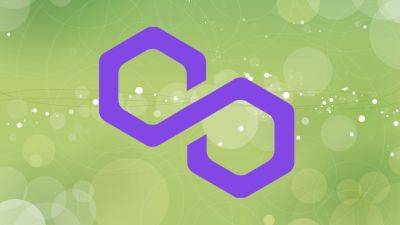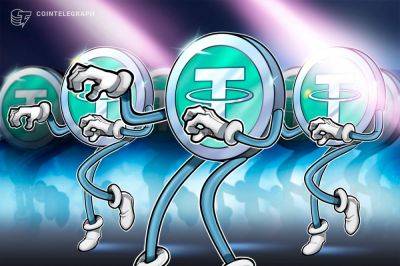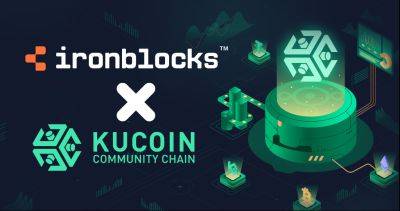Polygon Labs Proposes Celo's Transition to Ethereum L2 Using Their Chain Development Kit
Polygon Labs has officially proposed a technical upgrade for Celo, suggesting its transition from an independent EVM-compatible L1 to an Ethereum L2. This proposal was made public on September 21, just 9 hours after its initial announcement by SandeepN.
The Proposal in Detail
Polygon Labs' recommendation revolves around Celo deploying an L2 using the Polygon Chain Development Kit (CDK). This open-source toolset allows developers to create their own ZK-powered L2 for Ethereum. It also facilitates the conversion of existing L1s to Ethereum L2s with minimal friction, emphasizing modularity.
Key Value Propositions of Polygon CDK
Enhanced Collaboration: By joining a robust ecosystem of ZK-powered L2s, there's potential for increased cross-community collaboration.
EVM-Equivalent Environment: Developers can achieve the closest alignment with Ethereum technically possible.
Security: The system leverages Ethereum's proven consensus layer combined with the security of zero-knowledge proofs.
Low Fees: Achieved through a zkEVM validium architecture and off-chain data availability.
Unified L2 Ecosystem: This merges the Ethereum mainnet and Polygon ecosystem into a single expansive economy.
Customizability: The system offers an app-chain stack and interoperability with all Polygon L2 chains.
Fast Transactions: Near-instant withdrawals and rapid cross-chain interactivity are secured by ZK.
High Standards of Support: Meeting the standards of major Web3 projects and Web2 companies.
Ethereum Alignment and Background in ZK
Polygon Labs has consistently aimed to scale Ethereum and its core values. With L2 and rollups on its roadmap, Ethereum's future is geared towards scaling securely and seamlessly. Polygon Labs' core
Read more on blockchain.news

 blockchain.news
blockchain.news




















